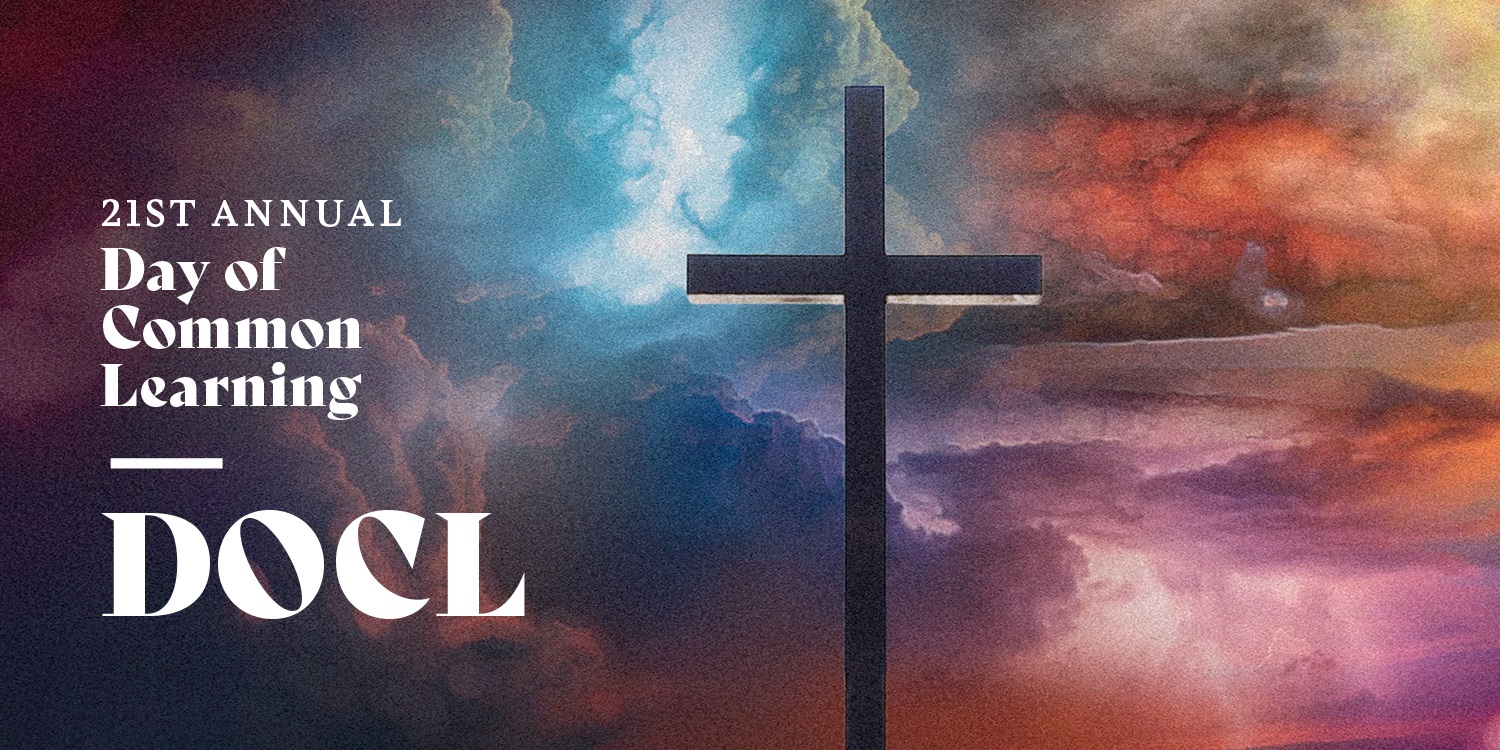
August Wilson’s 20th-century slave narrative: Another side of truth and justice
Description
This presentation considers 10 plays that comprise August Wilson’s 20th-century ccle as contemporary slave narratives that engage with the legacy of slavery since 1865. The cycle features dramas set in each decade of the 20th century: Gem of the Ocean (1900s); Joe Turner’s Come and Gone (1910s); Ma Rainey’s Black Bottom (1920s); The Piano Lesson (1930s); Seven Guitars (1940s); Fences (1950s); Two Trains Running (1960s); Jitney (1970s); King Hedley II (1980s); and Radio Golf (1990s). Each play largely addresses the effects of post-Thirteenth Amendment slavery on the Black experience. In his landmark 1996 speech, “The Ground on Which I Stand,” Wilson made it clear that the legacy remains: “The term Black or African-American not only denotes race, it denotes condition, and carries with it the vestige of slavery and the social segregation and abuse of opportunity so vivid in our memory. That this abuse of opportunity and truncation of possibility is continuing and is so pervasive in our society in 1996 says much about who we are and much about the work that is necessary to alter our perceptions of each other and to effect meaningful prosperity for all.” This session will consider the role of theatre and its depiction of alternative points of view in expanding American awareness of its complex, multi-leveled history.
Copyright Status
http://rightsstatements.org/vocab/CNE/1.0/
Additional Rights Information
Contact the SPU Library (http://spu.edu/library) for assistance with determining copyright holder(s) and who to contact for permissions.
August Wilson’s 20th-century slave narrative: Another side of truth and justice
This presentation considers 10 plays that comprise August Wilson’s 20th-century ccle as contemporary slave narratives that engage with the legacy of slavery since 1865. The cycle features dramas set in each decade of the 20th century: Gem of the Ocean (1900s); Joe Turner’s Come and Gone (1910s); Ma Rainey’s Black Bottom (1920s); The Piano Lesson (1930s); Seven Guitars (1940s); Fences (1950s); Two Trains Running (1960s); Jitney (1970s); King Hedley II (1980s); and Radio Golf (1990s). Each play largely addresses the effects of post-Thirteenth Amendment slavery on the Black experience. In his landmark 1996 speech, “The Ground on Which I Stand,” Wilson made it clear that the legacy remains: “The term Black or African-American not only denotes race, it denotes condition, and carries with it the vestige of slavery and the social segregation and abuse of opportunity so vivid in our memory. That this abuse of opportunity and truncation of possibility is continuing and is so pervasive in our society in 1996 says much about who we are and much about the work that is necessary to alter our perceptions of each other and to effect meaningful prosperity for all.” This session will consider the role of theatre and its depiction of alternative points of view in expanding American awareness of its complex, multi-leveled history.

